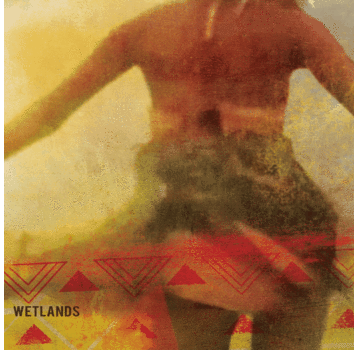
Why did you choose to benefit the specific charity you chose?
The drummer — Justin Flint — and I spent the summer of 2011 in Guatemala working directly with Xela AID high up in the mountains of Quetzaltenango. We would travel back and forth between the rustic mountain village of San Martin Chiquito and the wild hum of Guatemala’s cultural center Xela. By day, we assisted locals in the Xela AID clinic and witnessed San Martin’s poverty close-up (sanitation issues, widespread parasitic infection, poor housing conditions, little access to education/medicine) all the while happily fumbling through Spanish with the Guatemalan locals — all curiously serene, gentle, pure of heart. By night, we explored the throbbing, cobbled alleyways of Xela, making merry with the Xela AID family — truly the most genuinely compassionate and worldly people I’ve ever met — and making deep connections with the country itself. After much hard work, we came to see Xela AID as a non-profit with close, real ties to the people they were helping. Their focus is very much on assimilating in and creating a dialogue with the community rather than forcing any particular standard on them. This way, problems are met with the local way of life in mind, wherein progress can continue to be made through sustainable methods that the people are in tune with.


Considering the whole “starving artist” mentality, what led you guys to decide to give all proceeds to a charity rather than keeping some yourselves? Was there a specific moment that it became clear this was the idea you wanted to embark on?
We’d never made much money to begin with and that was fine by us. Sometimes we would take on shows for free. We had a kind of a punk rock attitude about the whole thing, playing anywhere with little regard for promotion and making sure we gave that venue and the people there [got] absolutely everything we had. We weren’t necessarily “rocking out”; we were projecting our energy honestly… dancing, screaming, improvising songs for 20 minutes, coaxing the audience into doing bizarre things, having random folks up on stage singing, drumming, etc. — essentially just letting it all go. We were really engaging in the moment, free from set-lists and general ‘stage etiquette.’
Over time, all of this built in us a spirit that was incompatible with commercialization. Trying to “brand” the band as a business just had no romantic appeal, no energy, and though it can certainly be rewarding in the long run, I think it often gets in the way of milking the truly transcendent moments that music allows us. As such, it seemed like the obvious choice to direct any money from intheraw to Xela AID — a business with the same goal — not of running people through the system, but of engaging them directly, compassionately, and energetically.

About Xela AID
Xela AID empowers children and their families to break the cycle of poverty and to live healthier, more abundant lives through the opportunities afforded by education. They aspire to ensure that every child in our focus area is educated, and every family is safe, healthy, well-nourished, and equipped to be self-reliant by providing educational scholarships, tutoring, leadership training, and local partnerships to remove the health, environmental and socioeconomic barriers to well-being and learning. Their integrated models of community development provide solutions that are comprehensive, sustainable, scalable and transferable.
Ω






